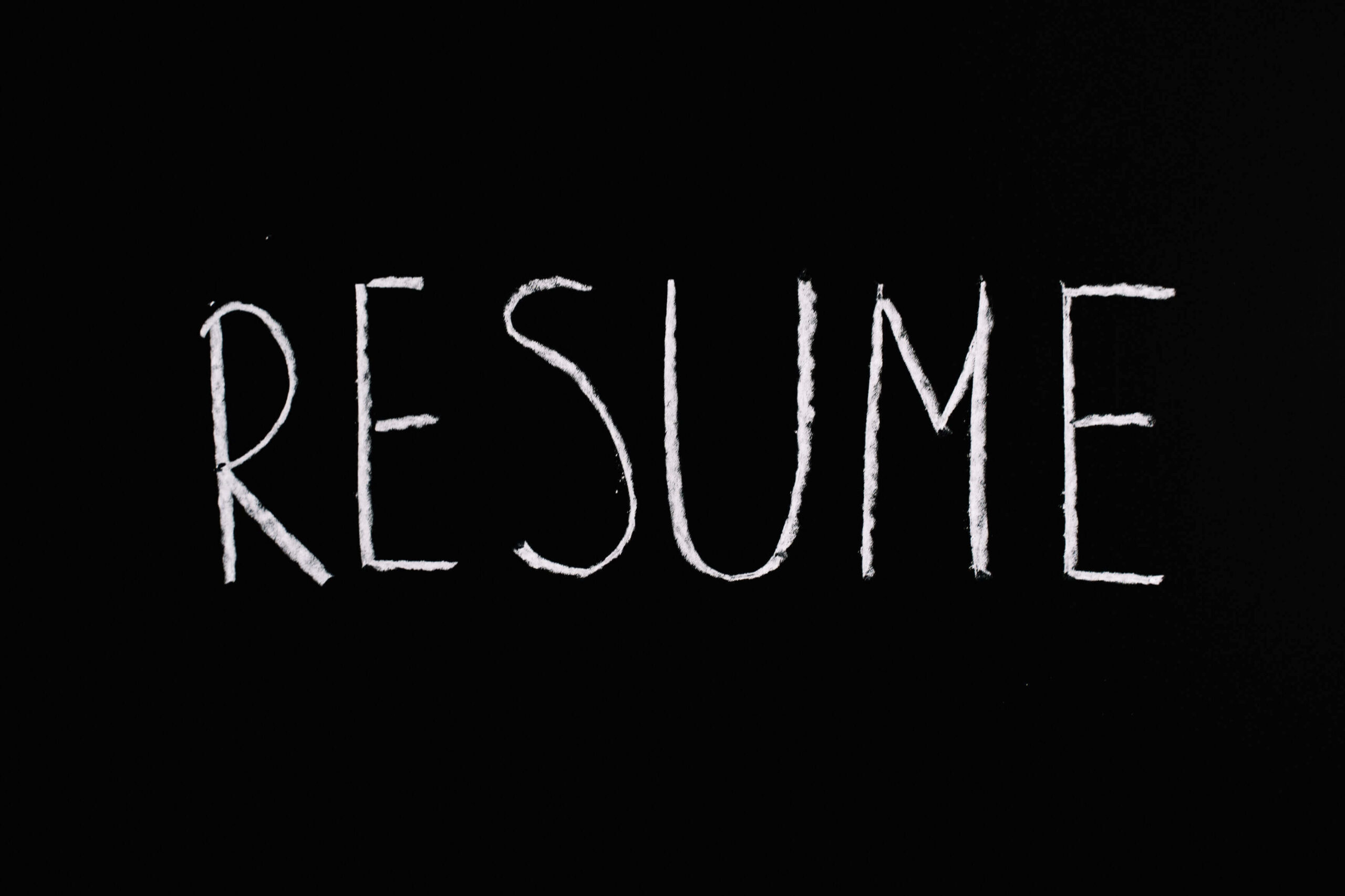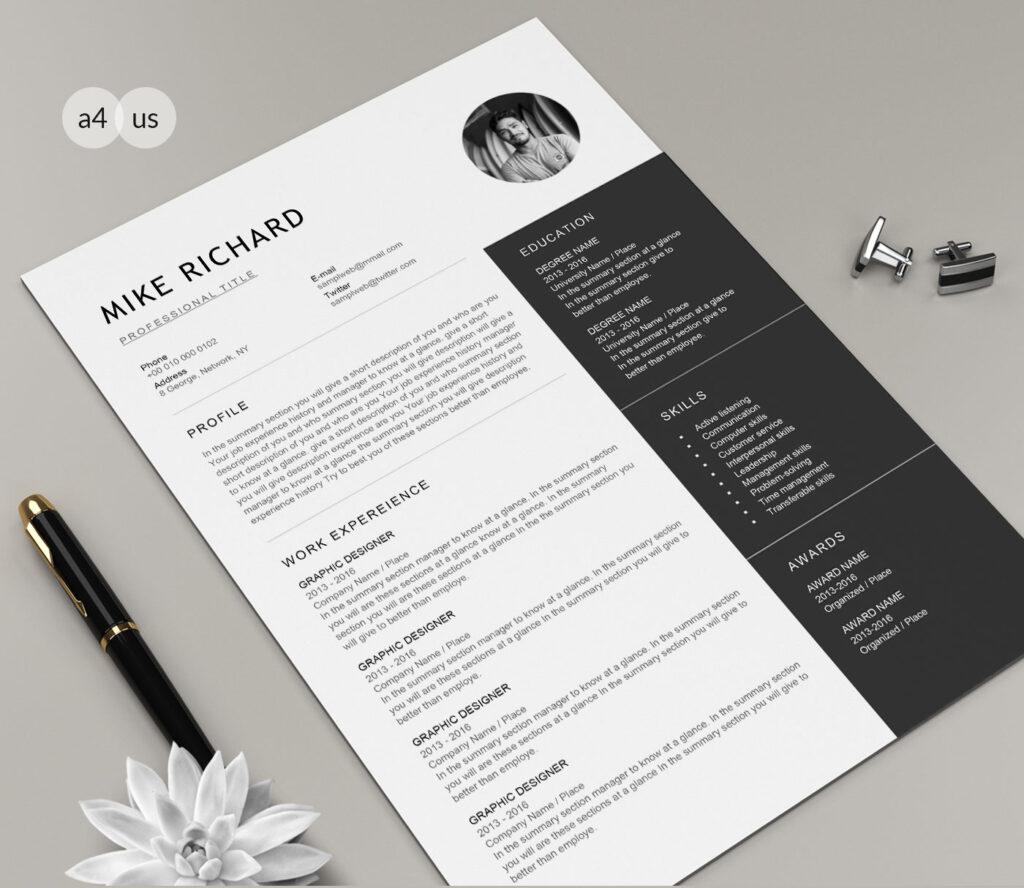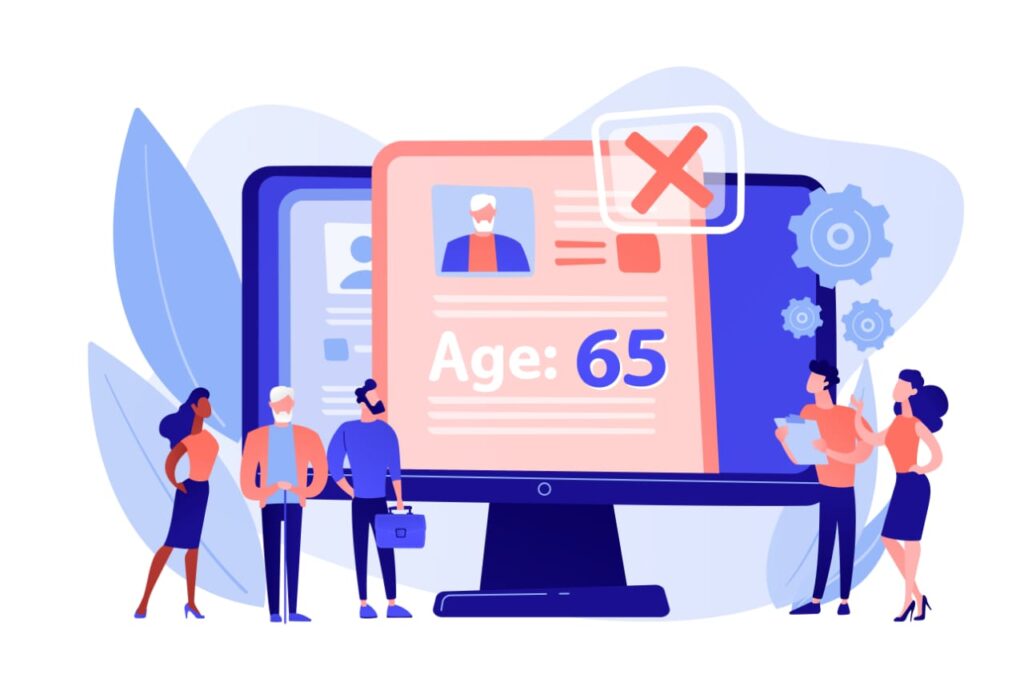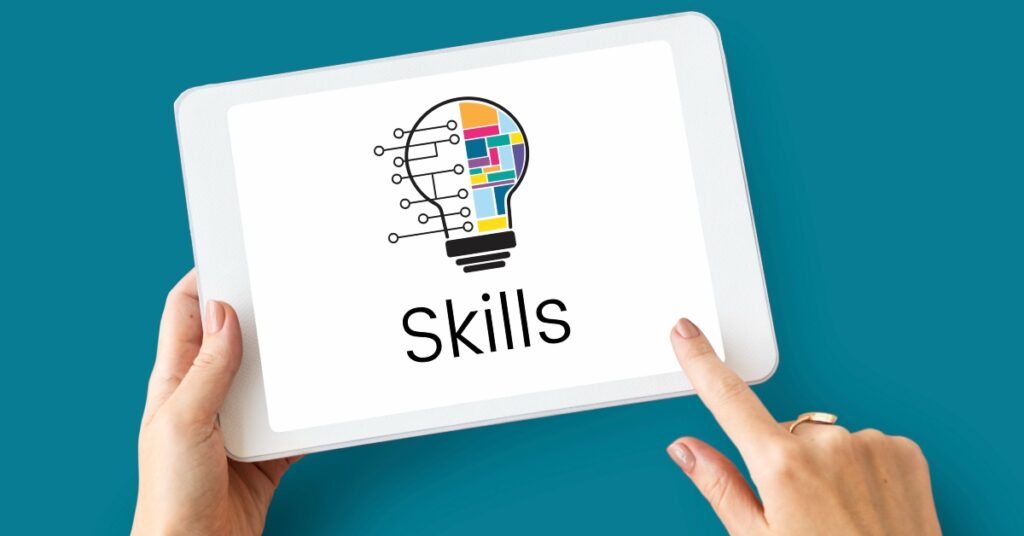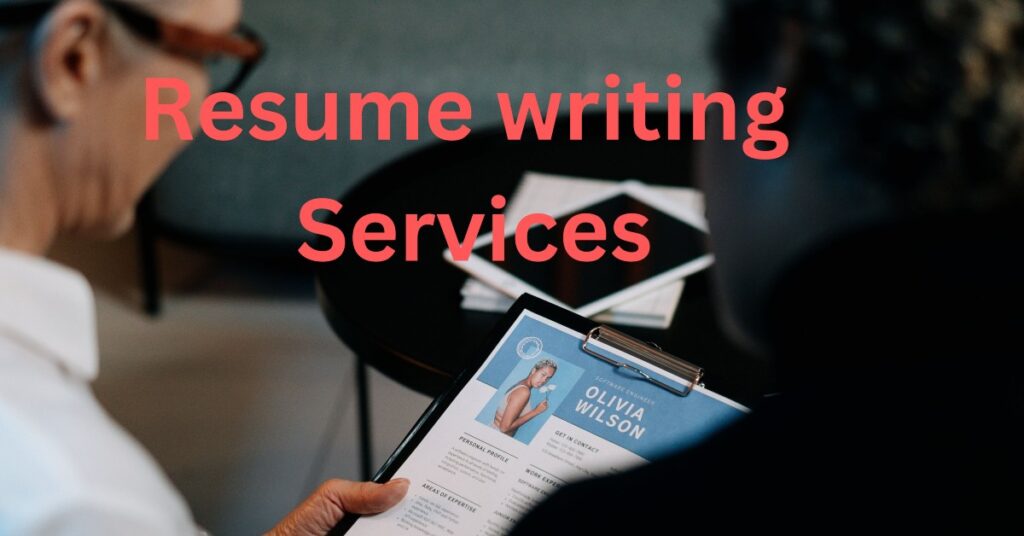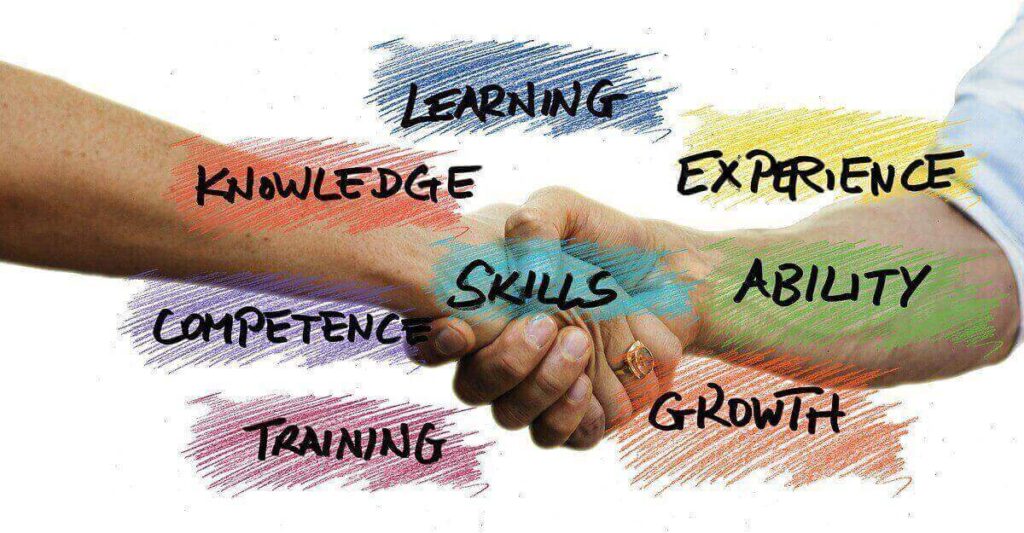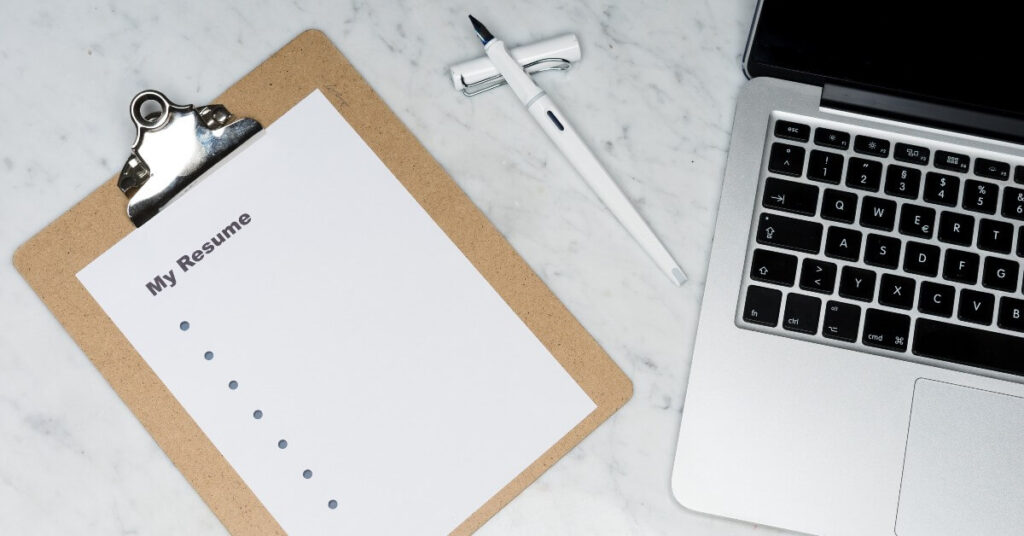An entry-level resume is a document that job seekers use to apply for entry-level positions or their first job after completing their education or training. An entry-level resume is typically designed to highlight a candidate’s skills, education, and any relevant experience that they may have gained through internships or part-time jobs.
Are you a recent graduate or someone looking to make a career change and unsure how to write an effective entry-level resume? You’re not alone! Creating a resume that stands out from the competition can be challenging, especially when you don’t have much work experience to highlight. However, with some strategic planning and attention to detail, you can create a winning entry-level resume that showcases your skills and potential.
When you’re starting your career, your resume can be the key to getting your foot in the door. However, writing a resume that stands out can be challenging, especially when you’re just starting.
This guide will provide you with tips and tricks for writing a standout entry-level resume that will get you noticed by potential employers.
Here are some tips to help you get started:
Start with a strong objective statement:
Your objective statement should be concise and tailored to the specific job you’re applying for. It should highlight your career goals and show how you can contribute to the company.
Tailor your resume to the job
One of the most important things you can do when writing an entry-level resume is to tailor it to the job you’re applying for. This means reading the job description carefully and including keywords and phrases that match the requirements of the job. For example, if the job posting mentions experience with a specific software program, be sure to include that in your resume if you have experience with it.
Highlight your education:
As an entry-level candidate, your education is one of your strongest assets. Be sure to list your degree(s), any relevant coursework or academic projects, and any honors or awards you received.
Showcase your skills:
While you may not have much work experience, you likely have skills that are valuable to employers. Make a list of your relevant skills, such as proficiency in software programs, communication skills, or problem-solving abilities, and highlight them prominently on your resume.
Emphasize any relevant experience:
Even if you don’t have much work experience, you may have other experiences that are relevant to the job you’re applying for. For example, you may have completed an internship, volunteered, or participated in extracurricular activities that demonstrate your skills and potential.
Use a clear and easy-to-read format:
Employers may receive hundreds of resumes for a single job opening, so it’s important to make your resume easy to read and navigate. Use clear headings and bullet points, and make sure the font is easy to read.
Include a summary statement:
A summary statement can be a great way to introduce yourself to potential employers and highlight your strengths. This should be a brief statement that summarizes your experience, skills, and career goals. Keep it short and sweet, and make sure it aligns with the job you’re applying for.
Proofread and edit carefully:
Spelling and grammar errors can make a bad impression on potential employers, so be sure to proofread and edit your resume carefully. Have a friend or family member read it over as well, as a fresh set of eyes can often catch mistakes you might miss.
Here we give you an Entry-Level Resume Format
Here’s a sample entry-level resume format that you can use as a starting point. Remember to tailor it to the job you’re applying for, and highlight your skills and achievements as much as possible.
[Full Name]
[Address]
[Phone Number]
[Email Address]
Objective:
[Insert one or two sentences about your career goals and what you hope to achieve in the entry-level job position you’re applying for.]
Education:
[Degree] in [Major], [Name of Institution], [Graduation Date]
[Relevant coursework or academic achievements]
Experience:
[Job Title], [Company Name], [Employment Dates]
[Key responsibility or duty]
[Key responsibility or duty]
[Key responsibility or duty]
[Job Title], [Company Name], [Employment Dates]
[Key responsibility or duty]
[Key responsibility or duty]
[Key responsibility or duty]
Skills:
[Skill 1]
[Skill 2]
[Skill 3]
[Skill 4]
[Skill 5]
Activities:
[Extracurricular activities or volunteer work]
References:
[Name], [Title], [Company]
[Phone Number]
[Email Address]
Note: Remember to tailor your resume to the specific job you’re applying for and highlight your relevant skills and experiences!
Conclusion
An entry-level resume should be well-organized, easy to read, and tailored to the specific job being applied for. It should also highlight the candidate’s potential and enthusiasm for the position, even if they do not have a lot of professional experience.

